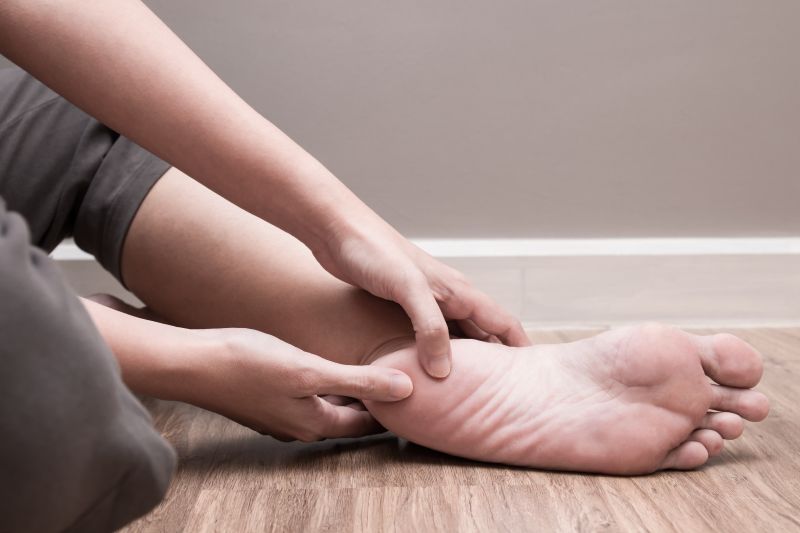
Heel pain can have a huge impact on your daily life. It can affect your ability to walk and make it difficult to carry out basic tasks, like shopping for groceries or doing household chores. Fortunately, treatments are available that can address even severe heel pain. Shockwave therapy may be the solution you are looking for. You might be wondering how shockwave therapy works, and how might it reduce your heel pain? This blog post provides helpful information.
An Introduction to Shockwave Therapy
Shockwave therapy is a non-invasive medical treatment that uses acoustic waves to target areas of pain and inflammation in the body. During a session, a healthcare professional applies a handheld device to your skin that delivers high-energy sound waves directly to the affected tissue. These waves penetrate deeply and stimulate the body’s natural healing processes.
The primary intention of shockwave therapy is to promote tissue regeneration, reduce pain, and increase blood flow to the targeted area. As a result, you may experience relief from symptoms and a faster recovery compared to relying solely on rest or other types of therapy.
Keep in mind that shockwave therapy is a regenerative procedure that will not mask your symptoms but instead targets the root cause providing lasting relief without surgery or pain medications.
What Kinds of Heel Pain Can Shockwave Therapy Help With?
Heel pain can be the result of several different conditions. Shockwave therapy is especially popular among individuals who suffer from chronic or stubborn heel pain that does not respond to traditional treatments. Here are a few examples of conditions that shockwave therapy may be able to help with:
· Plantar fasciitis: This is one of the most common causes of heel pain. It occurs when the plantar fascia, a thick band of tissue that runs along the bottom of the foot, becomes damaged and inflamed. Plantar fasciitis can result in sharp, stabbing pain, particularly with your first steps in the morning. Shockwave therapy is frequently recommended for plantar fasciitis because it can break up scar tissue and stimulate new cell growth, helping the fascia heal more efficiently. Many patients experience significant pain reduction after just a few sessions.
· Achilles tendinopathy: Pain and swelling at the back of your heel may result from Achilles tendon issues. Shockwave therapy can help by encouraging healing and reducing inflammation in the tendon.
· Heel spurs: These bony growths at the bottom of the heel can cause significant discomfort. Shockwave therapy may help to decrease pain associated with heel spurs by targeting the surrounding soft tissues and reducing inflammation.
· Bursitis and other soft tissue injuries: If you have pain due to inflammation of the bursa (a fluid-filled sac that cushions the heel) or other soft tissue structures in the heel, shockwave therapy might offer relief.
Other Key Points
Shockwave therapy can be highly effective for heel pain! Here are some key points to keep in mind about its use:
· Number of sessions: Most people require a series of shockwave therapy sessions. Your healthcare provider will design a course of treatment based on your unique needs.
· Mild discomfort during treatment: Some individuals report mild discomfort during the session. However, this is usually brief and well-tolerated.
· Possible side effects: Side effects are generally mild and temporary. They may include minor swelling, bruising, or redness at the treatment site.
· Contraindications: You should not receive shockwave therapy if you are pregnant, have blood clotting disorders, cancer in the treatment area, or certain types of infections. Your physician will screen for these conditions beforehand.
Shockwave therapy is a safe and effective treatment for many types of heel pain! Talk to a qualified physician to learn more about it.
Meet the Practice
Dr. James Pinkston, DO, is a highly skilled neuromusculoskeletal physician who is proud to serve the Asheville, NC area. Under his leadership, our team offers a broad range of non-invasive and minimally invasive services, including state-of-the-art shockwave therapy. To learn more about this treatment or to request a consultation, contact our office at 828-417-9913.
